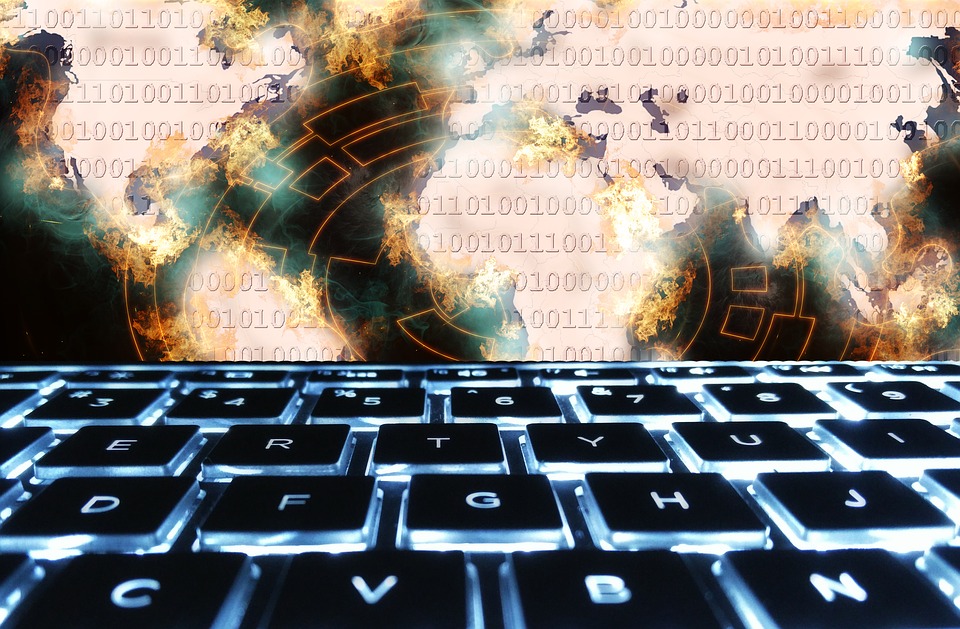A United Nations agency charged with helping member nations secure their national infrastructures plans to issue a sharp warning about the risk of the Flame virus that was recently discovered in Iran and other parts of the Middle East.
"This is the most serious (cyber) warning we have ever put out," said Marco Obiso, cyber security coordinator for the UN's Geneva-based International Telecommunications Union.
The confidential warning will tell member nations that the Flame virus is a dangerous espionage tool that could potentially be used to attack critical infrastructure, he said in an interview.
"They should be on alert," he said.
Evidence suggest that the virus, dubbed Flame, may have been built on behalf of the same nation or nations that commissioned the Stuxnet worm that attacked Iran's nuclear program in 2010, according to Kaspersky Lab, the Russian cyber security software maker that took credit for discovering the infections.
"I think it is a much more serious threat than Stuxnet," Obiso said.
He said the ITU would set up a program to collect data, including virus samples, to track Flame's spread around the globe and observe any changes in its composition.
Kaspersky Lab said it found the Flame infection after the ITU asked the Russian company to investigate recent reports from Tehran that a mysterious virus was responsible for massive data losses on some Iranian computer systems.
So far, the Kaspersky Lab team has not turned up the original data-wiping virus that they were seeking and the Iranian government has not provided Kaspersky a sample of that software, Obiso said.




